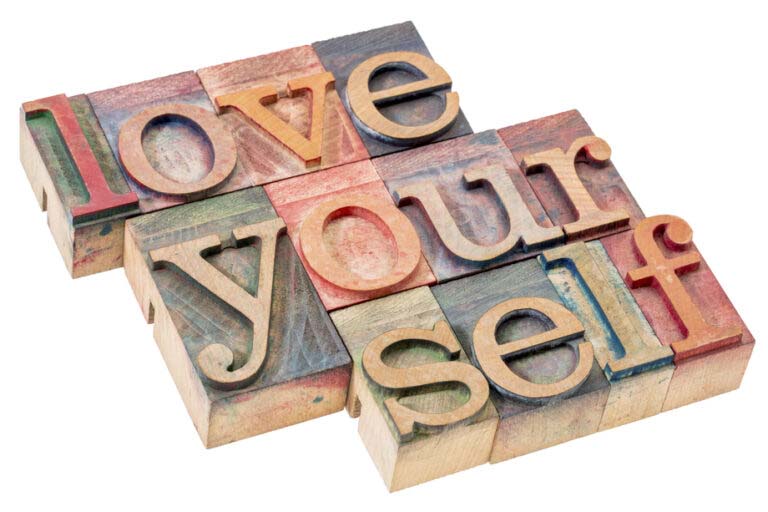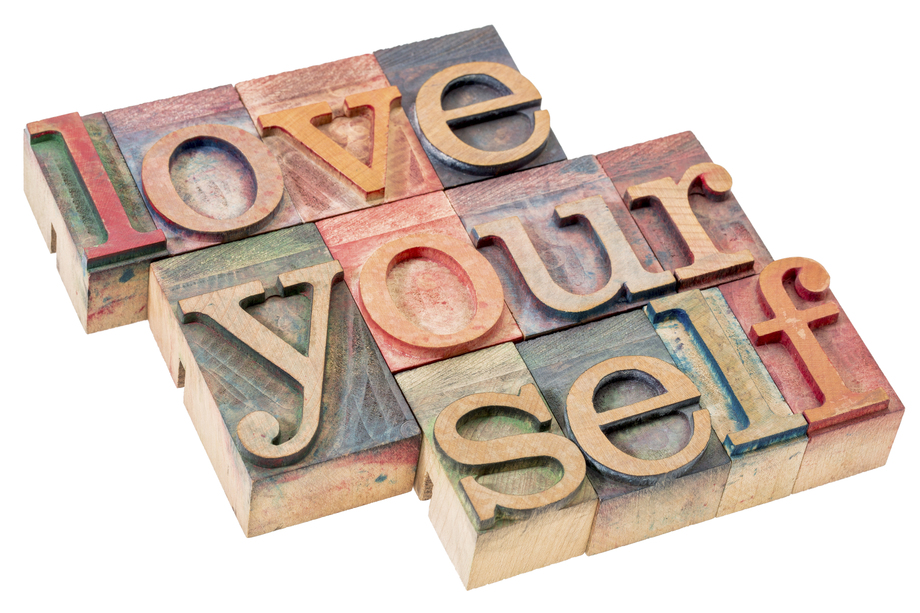Improving Your Self Esteem, Right in the Middle of Lockdown

“Improving your self esteem” is a subject that’s always important and relevant, but it takes on even greater meaning in the midst of situations like our current lockdown.

Self esteem is a complex thing, with many different dimensions. We all have a lot of different individual factors that influence whether we feel good about ourselves, or not. One thing we know for sure is that the isolation, anxiety and unique stresses of this lockdown period have challenged a lot of people’s self esteem and basic positive sense of themselves. As Prof. Thiago Matias and colleagues put it in their paper “Human needs in COVID-19 isolation”,
These are extraordinary times. Throughout history, there have been plenty of pandemics but the human response to coronavirus disease (COVID-19) is unprecedented. It is estimated that close to 4 billion people are living in social isolation during this mother of all pandemics…. The cumulative impacts of social distancing will be truly profound.
As these authors tell us, we know that connecting with others normally helps individuals to regulate their emotions, cope with stress, and remain resilient. Combined with other factors, the lack of these things could easily have a sharply negative impact on our self esteem.
To Value Ourselves
But what is self-esteem really based on, anyway? What does genuine positive self-esteem look like?
Actually, we generally know healthy self-esteem when we see it. We can often feel it when we experience any of the following in another person—or in ourselves, s/he :
- is able to set and keep boundaries;
- is not afraid of feedback or conflict;
- is assertive without being controlling;
- doesn’t fear failure;
- doesn’t need to people-please, or curry approval;
- doesn’t have feelings of inferiority;
- is not overly perfectionistic; and, above all,
- accepts her- or himself.
A person with positive self-esteem might well acknowledge that regular contact with people can bring validation from others, and would accept that getting affirmative support from others is a good thing. Yet a person with positive self-esteem has a certain attitude toward validation that comes from others.
Validation from Others is Good, But…
A person with positive self-esteem may welcome the positive regard of others, but there’s something s/he won’t do. Individuals can feel they have positive self-esteem, and never realize that the only reason they feel that way is because others approve of them. In such people, the positive regard of others is acting like an air pump attached to a balloon with a hole in it. If we remove the air pump, the balloon will slowly deflate. Similarly, if a completely other-directed person loses the approval of others, what seemed like a solid personality will be filled with self-doubt and loss of direction.
Affirming and Respecting Our True Identity
True self-esteem welcomes the approval of others, but doesn’t depend on it. Rather, self-esteem depends on finding our most fundamental source of approval within ourselves. The renowned humanistic psychologist Abraham Maslow asserted that, when our most fundamental needs are met, it becomes possible for us to strive for our individual sense of meaning and fulfillment. In Maslow’s view, the ultimate source of self-esteem comes from striving to be ourselves. As he stated, using the conventions of his day, “What a man [sic] can be, he must be. This need we may call self-actualization.”. This is very like the statement of C.G. Jung that “The only meaningful life is a life that strives for the individual realization — absolute and unconditional— of its own particular law.”
What is your unique route to self-esteem? How can you begin, even during lockdown, to honour and respect your own unique being?
Many of us are currently going through a time that is very challenging in several different ways that intertwine. All of these different stressors and challenges may impact the ways in which we value who we fundamentally are, and our personal story. The importance of finding ways to be compassionate to ourselves, and to cultivate deep respect for our personal journey towards wholeness has never been greater.
Depth case studies is a valuable tool for many who are striving for a deeper appreciation of who they are. A Jungian approach, which emphasizes the importance of seeing our own unique lives against the background of the universal themes of human life, and finding our own personal story or myth, has tremendous value in a time like the present, which asks us such deep questions about our personal journey.
